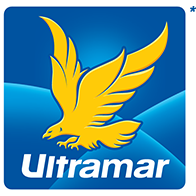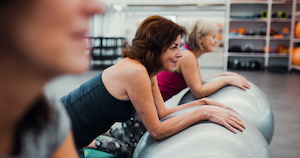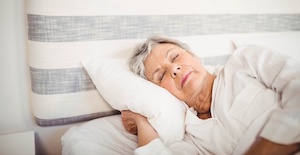Move to fight breast cancer!
Sept. 25, 2019
Sept. 25, 2019
Physical activity isn’t only for athletes, die-hard sports fans, or people looking to lose weight and gain muscle tone (whether they’re amateur or pro bodybuilders). It is accessible to everyone, and each person can adapt it to their physical condition and lifestyle. The same goes for women fighting breast cancer, whether they are at risk, have recently been diagnosed, are undergoing treatment, or are in remission.
Through its My Active Health kinesiology/oncology program, the Breast Cancer Foundation encourages women fighting the disease to get moving, even if it’s just for five minutes a day.
Among the recommended kinds of exercise are walking and swimming; then come bicycling and jogging, or cross-country skiing in the winter, for example. Of course, yoga is encouraged for keeping the body active, and helping relax and soothe the mind. Muscle exercises which use resistance should also not be overlooked. The important thing is to choose an activity you like and enjoy.
“I recommend supervised group workouts,” says Myriam Filion, accredited kinesiologist, M.Sc., who initiated the program. There are several reasons behind Filion’s recommendation: she has noticed the strong bond that unites women facing the same battle. “They support and encourage each other,” she continues. When a woman sees another getting physically active while undergoing similar treatments—and therefore dealing with the same types of side effects from her medication—there is a mutual positive reinforcement, which can help them keep at it. But they don’t all experience the same level of physical and mental fatigue, which is why it’s important to choose an exercise program that is adapted to each individual.
One of the first benefits of being physically active is undoubtedly better sleep, which in turn helps to deal with fatigue more easily. Treatments are also often linked to weight gain, which staying active can help control. And through putting in effort and pushing themselves, women can raise or regain their self-esteem—which is essential to their recovery. It’s also important to continue being active afterwards: “this helps reduce the risk of cancer returning by 32%,” explains Filion.
The My Active Health program has two main goals: “To standardize the practice, but also to help promote the benefits of physical activity to patients who are undergoing treatment, or have recently been diagnosed with breast cancer,” emphasizes Filion. For the past 10 years, Myriam Filion has worked with women battling breast cancer in the hopes of improving their quality of life through physical activity, among other things. She holds a bachelor of kinesiology and a master of clinical epidemiology, which has helped her better understand the patient’s path, from diagnosis to remission, as well as through any suggested treatments.







